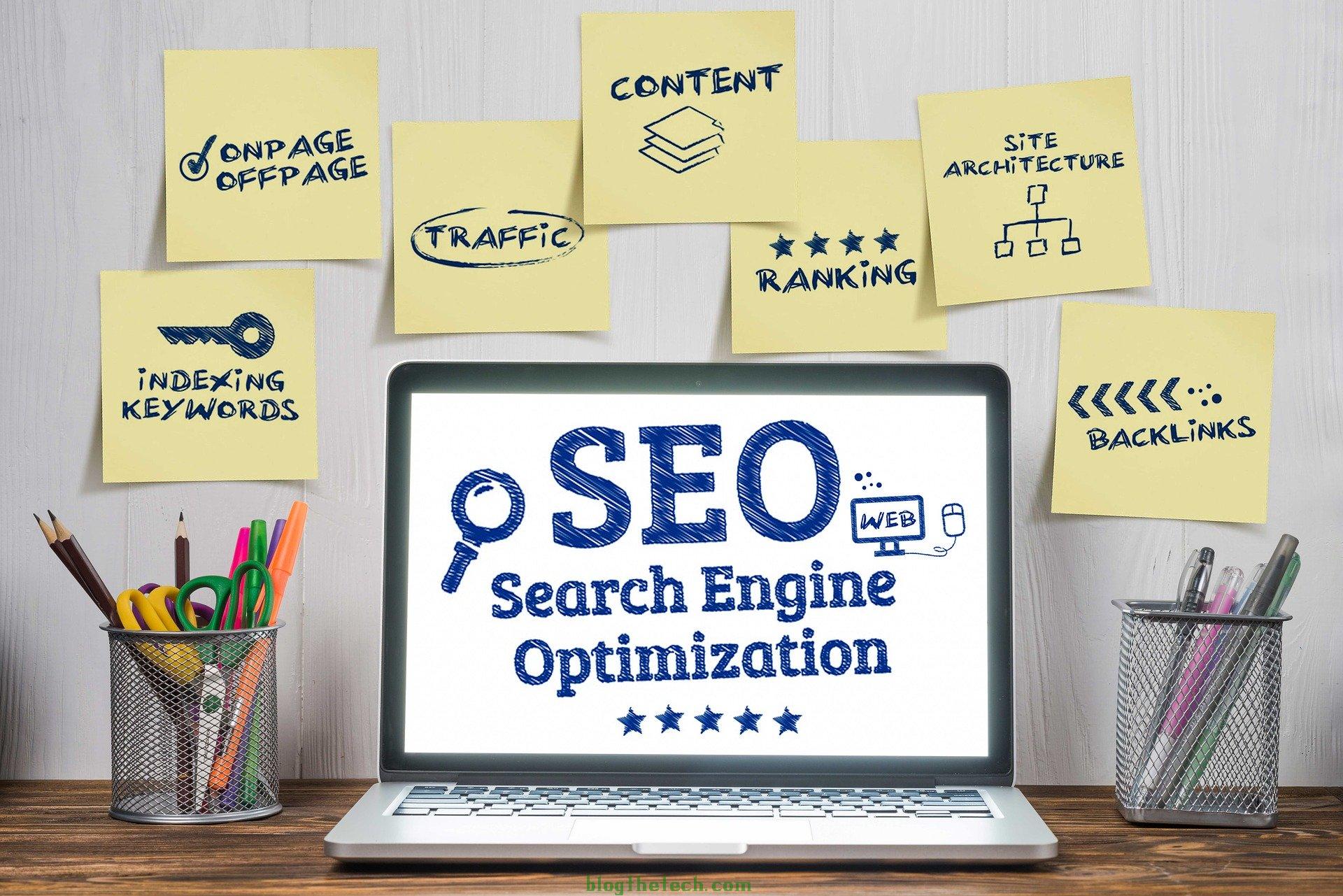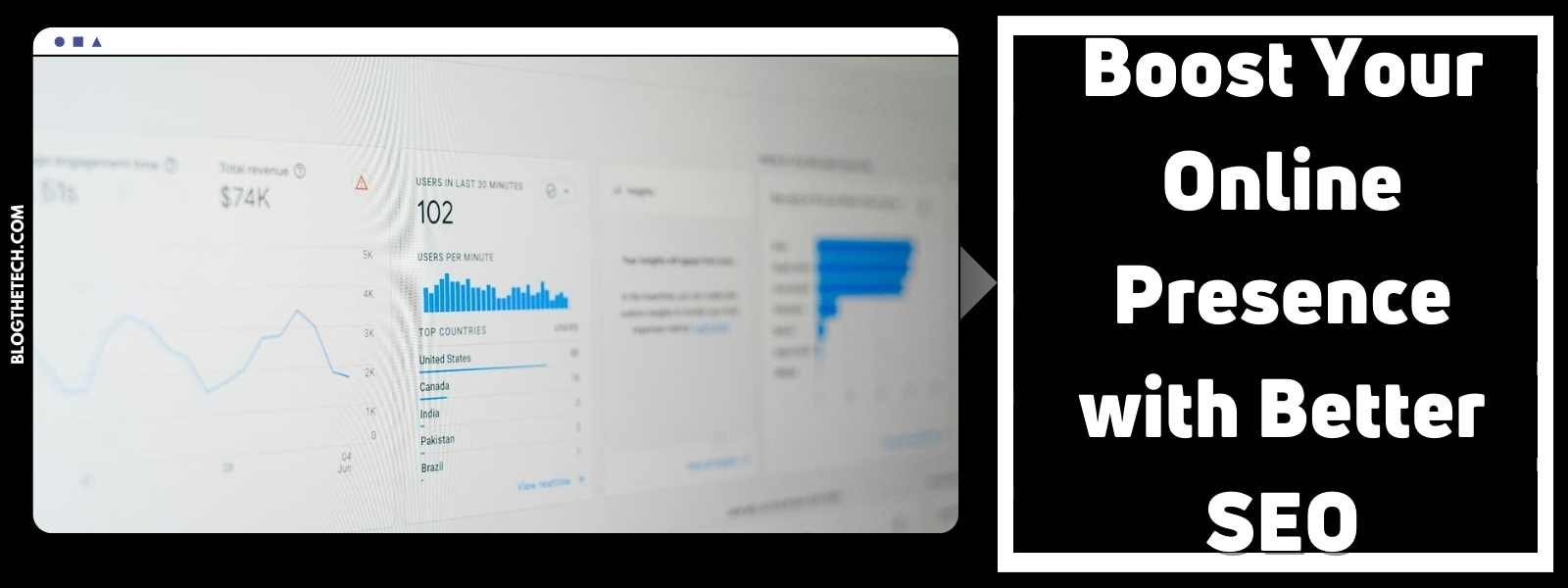Crawl budget is supposed to be a concept that is misunderstood at times but commonly discussed in digital marketing and SEO communities. Many misguided people believe that crawl budget is something magical that could help you in hacking your way right up to Google’s top search results. Even though so much has been written and discussed the way search engines function in general and especially, the crawling process. We are still under the impression that the webmasters and marketers are still pretty much confused about the concept of crawl budget.
In this context, we know that Google would not always spider each and every page present on a website instantaneously. Sometimes, it could even take a few weeks. This could hamper your SEO endeavors. Your freshly optimized landing page could miss being indexed. At this juncture, you should consider optimizing your crawl budget at the earliest possible.
What Is Referred to as a Crawl Budget?
The crawl budget is referred to as the precise number of pages that would be crawled by Google on a given day on your site. There could be a slight variation in this number on a day to day basis; however, overall, it is somewhat stable. Google could be crawling just six pages on your website every day or it may consider crawling as many as 5,000 pages, or even a phenomenal 4,000,000 pages daily.
The exact number of pages or your crawl budget is usually determined by factors such as the overall health of your website, the accurate size of your website, and also the precise number of links present on your site. Once the crawl budget gets exhausted, we know that the web crawler would at once bring site crawling or accessing the content on your site to a halt and go over to some other sites. You must realize that the crawl budget is not the same for all websites and that it is set automatically by Google.
Effective Ways to Optimize Crawl Budget
Focus on Boosting Site Speed
As per Neil Patel, site speed is of pivotal importance for good SEO. Moreover, it is great for your site’s crawl budget too. In case, your site’s overall speed is faster and your site performs much better, it would be capable of handling far more requests coming from human users and Google simultaneously. It is critical to improving the site’s speed.
Fetch Your Server Logs & Examine Them
It may not always be possible for you to obtain your log file based on your specific kind of hosting. However, if you know that your site is pretty big and a crawl budget optimization is necessary, you must try and get them. In the event, your host fails to let you fetch your log file; it is high time you considered changing hosts.
Fixing the crawl budget of your site is just the same as fixing your car. You simply cannot fix the issue by taking a look externally. You need to consider opening up that engine. Examining logs could be quite terrifying in the beginning. You would spot a tremendous amount of noise in your logs. You would come across quite a bit of 404s that may not make sense to you. However, you need to fix them. You must focus on getting through this noise and ensure that your website is not getting drowned in too many 404s.
Block Portions of Your Site
If you are having some portions of your website that do not necessarily have to be there in Google, you could consider blocking them by utilizing robots.txt. One of the issues that are identified on relatively bigger e-Commerce websites is when they are having a gazillion way of filtering products. Remember each of the filters could be incorporating new and fresh URLs for Google. In such cases, you must ensure that you are allowing Google spider just a couple of those filters and certainly not all of those filters.
Focus on Reducing Redirect Chains
You must consider watching out for and reducing redirect chains. This seems more like a common-sense perspective to your website health. Ideally speaking, you should have no problems in avoiding even one redirect chain on the entire domain of yours. But frankly speaking, this is not at all a possible task for a truly huge website. Both the 301 and 302 redirects would be appearing.
However, a number of those when chained together could end up hurting your crawl limit to the extent where the crawler would stop crawling before going to the page that needs to be indexed. You must realize that a couple of redirects may not cause too much damage; however, you must take great care of them and keep them under strict vigilance.
Focus on Sticking to HTML As and When Possible
Google’s crawler is slightly better at crawling specifically JavaScript, however, it has improved in indexing and crawling XML and Flash too. The rest of the search engines are nowhere close to Google in this respect. As such, experts firmly believe that you must stick to HTML.
Do Not Allow HTTP Errors Reduce Your Crawl Budget
Technically speaking, 410 and 404 pages are known to dilute your crawl budget. Not only that they could end up hurting your user experience too. That is precisely the reason why it is of pivotal; importance to fix all 5xx and 4xx status codes. You may consider using an effective website audit tool such as Screaming Frog and SE Ranking. They are amazing tools for website auditing that every SEO professional like https://socialmarketway.com/seo-nyc/ must have in his arsenal.
Consider Updating Your Sitemap
It really pays if you take good care of the XML sitemap. It would help bots to have a much easier and better time to understand where exactly the internal links are leading to. Consider sticking to only canonical URLs for your sitemap. Moreover, you must ensure that it seamlessly corresponds to specifically the latest uploaded robots.txt version.
Conclusion
So you must have realized by now that crawl budget optimization is crucial to your site’s success. Crawl budget has always been and will always be a critical aspect to consider for all SEO professionals.





